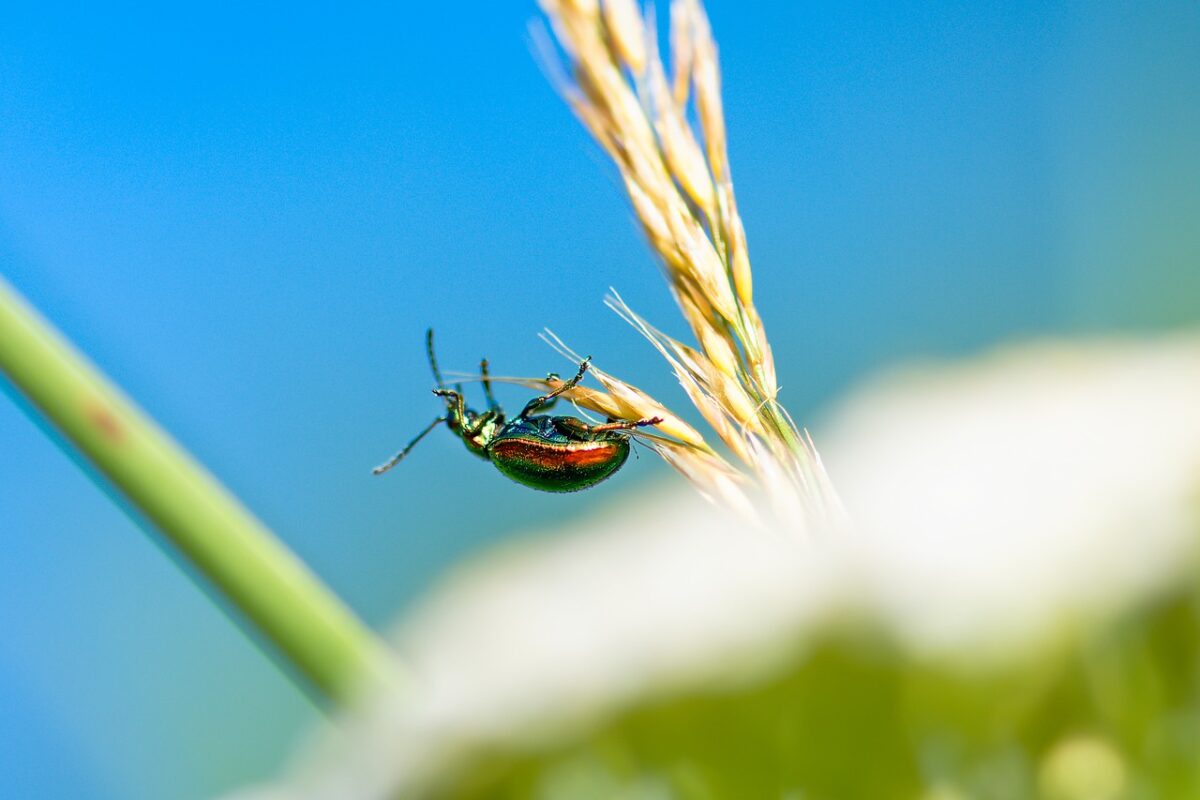Bugs and insects are a real nightmare for the plant’s parents. They can destroy the plants overnight or slowly with time. To avoid or get rid of the problem as soon as possible; you need to understand the whole process of gardening first. When you have a clear concept of how it works then it will be easy for you to get pets controlled. You can identify the signals of the potential dangers and do the needful soon.
To win the war against the tiny creatures, you need to know how to prevent bugs on the outdoor plants in the first place. When you keep your garden pest-free, they will thrive with freshness.
So as the plant parent; you should apply some important tips that will keep the garden clear from insects and bugs.
1. Find the root of the problem

Before going to cure or prevention, you need to know why there might be a pest attack on your garden. There are a few common traits of the gardens that are affected by insects and bugs. So, here today; we will try to list down all the probable causes that invite pests in the garden.
The health of the plant is the main reason that attracts those little problems. They try to find the sick and weak plants of the garden and start to devour them.
To prevent this, you need to make sure that the soil is really healthy. You must add fertilizer from time to time to keep the plant’s vigour.
The roots of the plants must be strong and healthy so that they can get all the nutrients from the soil. When the plants have strong immunity, they will have the strength to fight against bugs and insects.
2. Sanitization

It is very important to keep the topsoil of the planters clean and sanitized. If you practice proper sanitization in the garden, you can eventually keep it disease and pest-free.
For that, make sure that you remove the debris, dried leaves, and other things that can be the hiding place for the insects. In this way, you can protect it from those uninvited tiny creatures.
The leaves and debris rot sometimes make a perfect home for those insects. Along with that, they also invite bugs that love to suck up the juice from the plants and leave them dry.
3. Friends For Foe

Do you know not all insects are harmful to plants? There are many bugs that are actually beneficial for the garden. Moreover, there are a few of them that repel harmful insects. Those beneficial insects often visit the garden in search of nectar or shelter from the flowering plants.
So, you can encourage their visit to your garden by having those kinds of flowering plants like calendula, marigold, and even coriander.
If your garden becomes the habitat of those insects then they will protect it without any hassle. The beneficial insects are ladybugs, honeybee, dragonfly, parasitic wasp, praying mantis, hoverfly, minute pirate bugs, and lacewings.
4. Cover It Up:

To prevent insects and pests from the garden, you can use a physical barrier. The cover can be very useful especially for pest susceptible plants.
You will get lightweight covers that you have to rest on the top of the plants with the help of wire hoops. However, you have to make sure that there are plenty of spaces for the plants and none of them is damaged by the cover.
Along with that, you need to secure the ends of the cover to the ground every time you water your plants so that the bugs and insects don’t crawl under to enter the secure place. For this purpose, you can either use nets or floating row covers that are specially made for plants.
5. Variety

If possible select the variety of plants that are hardy and not easily susceptible to pests. When you avoid those pest-prone plants; then there will be very little chance of inviting bugs on the outdoor plant.
You will get plenty of plants that are naturally resistant to pests. There are plants like hibiscus that are prone to mealy bugs and if possible avoid adding those varieties in your garden.
Apart from these tricks, the main secret is that you need to be a proactive gardener who prefers prevention of the bug attack to happen rather than finding the solution. You need to keep your garden dry and clean. If you find any plant infected with insects or bugs; then discard them as soon as possible.
